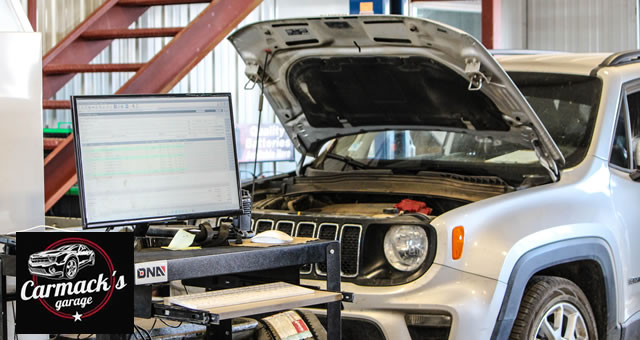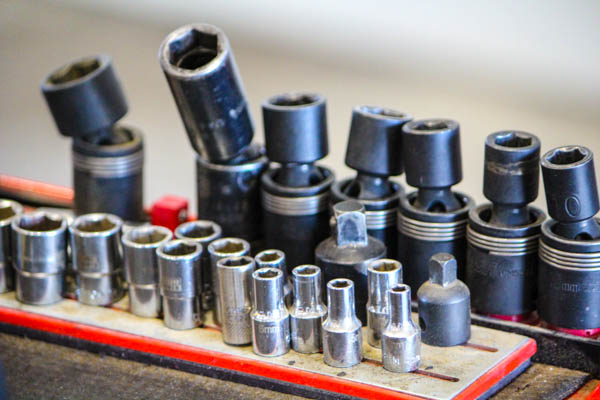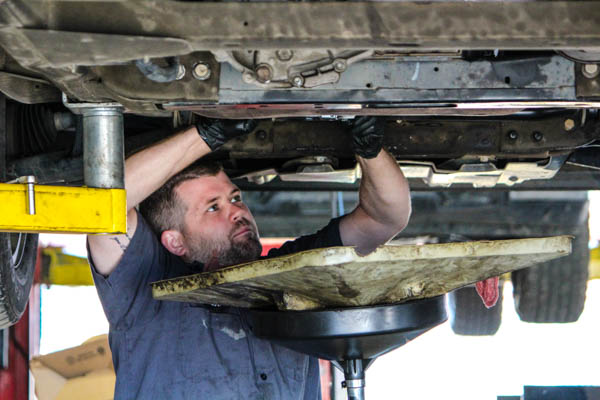Tips On Essential Car Care
Owning a car comes with the responsibility of proper vehicle maintenance. Regular car care is essential to ensure the longevity of your vehicle, optimal performance, and to prevent costly breakdowns. Here are 10 essential car care tips that every car owner should know to keep their vehicle running smoothly on the road.
Regularly Check Fluid Levels
One of the most critical aspects of car maintenance is checking and maintaining appropriate fluid levels. It is important to regularly inspect and top up engine oil, coolant, brake fluid, transmission fluid, power steering fluid, and windshield washer fluid. This will keep your car’s systems running smoothly and prevent potential damage. For older vehicles or those with high mileage, checking the oil is especially crucial as aging engines may burn oil over time.
Monitor Tire Pressure
Maintaining proper tire pressure is essential for a smooth and comfortable ride, as well as for fuel efficiency and tire longevity. Check your tire pressure at least once a month and adjust it according to the manufacturer’s recommendations. Don’t forget to include the spare tire in your inspection. Proper tire pressure also helps prevent premature wear and ensures optimal performance on the road.
Regularly Check Tire Tread
In addition to maintaining proper tire pressure, it is crucial to regularly check the tread on your tires. Worn-out tire treads can affect your vehicle’s traction, handling, and braking performance, especially in wet or slippery conditions. Make sure to replace tires when the tread depth reaches 2/32 of an inch to ensure your safety and the efficiency of your vehicle.
Keep Your Vehicle Clean
Regularly washing and waxing your vehicle not only keeps it looking good but also protects the paint and exterior from damage due to dirt, debris, and environmental factors. Cleaning the interior of your car, including vacuuming and wiping down surfaces, helps maintain a fresh and pleasant driving experience. Additionally, cleaning your vehicle regularly can help prevent rust and corrosion.
Follow the Manufacturer’s Maintenance Schedule
Every vehicle comes with a manufacturer’s recommended maintenance schedule. Following this schedule is crucial to ensure that your vehicle receives necessary inspections, tune-ups, and servicing at the right intervals. By adhering to the maintenance schedule, you can prevent potential issues, prolong the lifespan of your vehicle, and maintain its resale value.
Check and Replace Air Filters
Air filters play a vital role in your vehicle’s engine performance and fuel efficiency. It is important to regularly check and replace both the engine air filter and cabin air filter as recommended by the manufacturer. Dirty or clogged air filters can restrict airflow and cause engine issues, affecting overall performance.
Inspect Brakes Regularly
Brake maintenance is crucial for your safety on the road. Regularly inspecting and servicing your brakes, including pads, rotors, and brake fluid, can help prevent brake failure and ensure optimal stopping power. If you notice any signs of brake issues, such as squeaking or grinding noises, vibrating steering wheel, or a soft brake pedal, get your brakes checked immediately.
Keep Your Battery in Good Condition
The battery is essential for starting your vehicle and powering electrical components. It is important to regularly check the battery terminals for corrosion, ensure a secure connection, and have the battery tested periodically. Additionally, extreme temperatures can affect the performance of your battery, so it is recommended to have it inspected before the onset of summer and winter.
Pay Attention to Warning Lights
Modern vehicles are equipped with sophisticated onboard diagnostic systems that monitor various systems and components. If you see a warning light on your dashboard, do not ignore it. Make sure to address the issue promptly by having your vehicle inspected by a professional mechanic. Ignoring warning lights can lead to further damage and costly repairs down the road.
Invest in Professional Maintenance
While it is essential to perform basic car maintenance yourself, investing in professional servicing and inspections is crucial for the long-term health of your vehicle. A qualified mechanic can perform in-depth inspections, diagnose potential issues, and provide expert recommendations to keep your vehicle running smoothly. Regular professional maintenance can save you money by preventing major repairs in the future.
In conclusion, proper car care is essential to ensure the longevity, performance, and safety of your vehicle. By following these 10 essential car care tips, you can maintain your vehicle in top condition and enjoy a smooth and trouble-free driving experience. Remember, a well-maintained vehicle not only saves you money on repairs but also ensures a reliable and enjoyable ride every time you hit the road.










